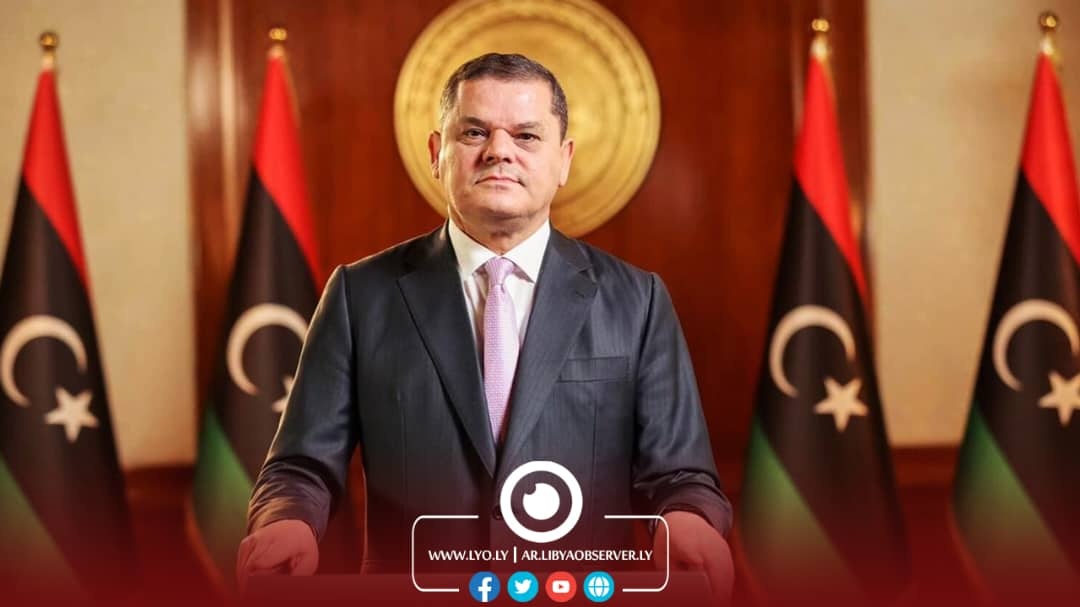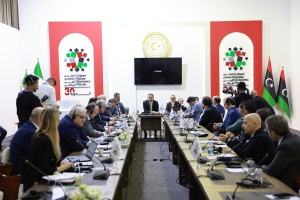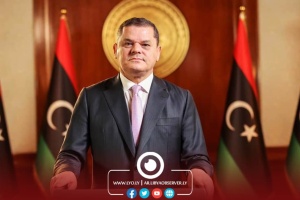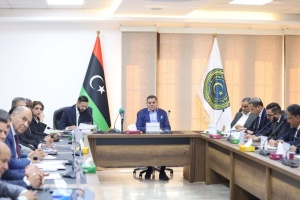The Libyan Prime Minister Abdul Hamid Dbeibah has reemphasized the need for moving forward in addressing the consequences of the war and supporting the affected and displaced families, pointing out in a speech in a cabinet meeting, the implementation of the unified salary scale, which included all employees in all sectors, indicating that the salaries of more than 180,000 employees were released and that work is underway to implement the decision for the rest of employees.
Regarding the services sectors, Dbeibah said that his government had completed more than 1,300 projects of his plan of "Restoration of Life" across the country and in various fields, including the completion of the construction of 156 schools, the maintenance of 216 others, and the allocation of grants to 351,000 male and female students.
Dbeibah added that the government had finished building more than 315 water pipelines and 116 wells, and providing loans to young people estimated at 265,000 housing loans, pointing out that the government was continuing to construct the coastal road from Emssaed (east) to Ras Jedir (west).
He indicated that medical centers in Libya had become a point for localizing treatment and providing the best medical services, noting that doctors in Libya performed more than 300 open-heart surgeries and 4,500 corneal transplants. He renewed his support for all efforts aimed at stopping the fighting in Sudan, while at the same time expressing his readiness to cooperate with all "friendly countries."
In the meantime, the Central Bank of Libya (CBL) estimated the volume of parallel spending in Libya at 8 billion dinars in 2023, which negatively affected cash liquidity and the strength of the dinar. The CBL Governor Al-Siddiq Al-Kabir said at the meeting that the stability provided by the Government of National Unity helped in the continuation of negotiations with the International Monetary Fund.
Commenting on the volume of spending, the Head of the Audit Bureau, Khalid Shakshak, said that the volume of parallel spending is much greater than the figures announced in the Central Bank's records. He attributed the reason for the exacerbation of the volume of spending to the division in the past years, which put pressure on foreign currency exchange transactions. He also stressed the need to lift subsidies on fuel, saying it has become a national duty, given the prices in neighboring countries.








